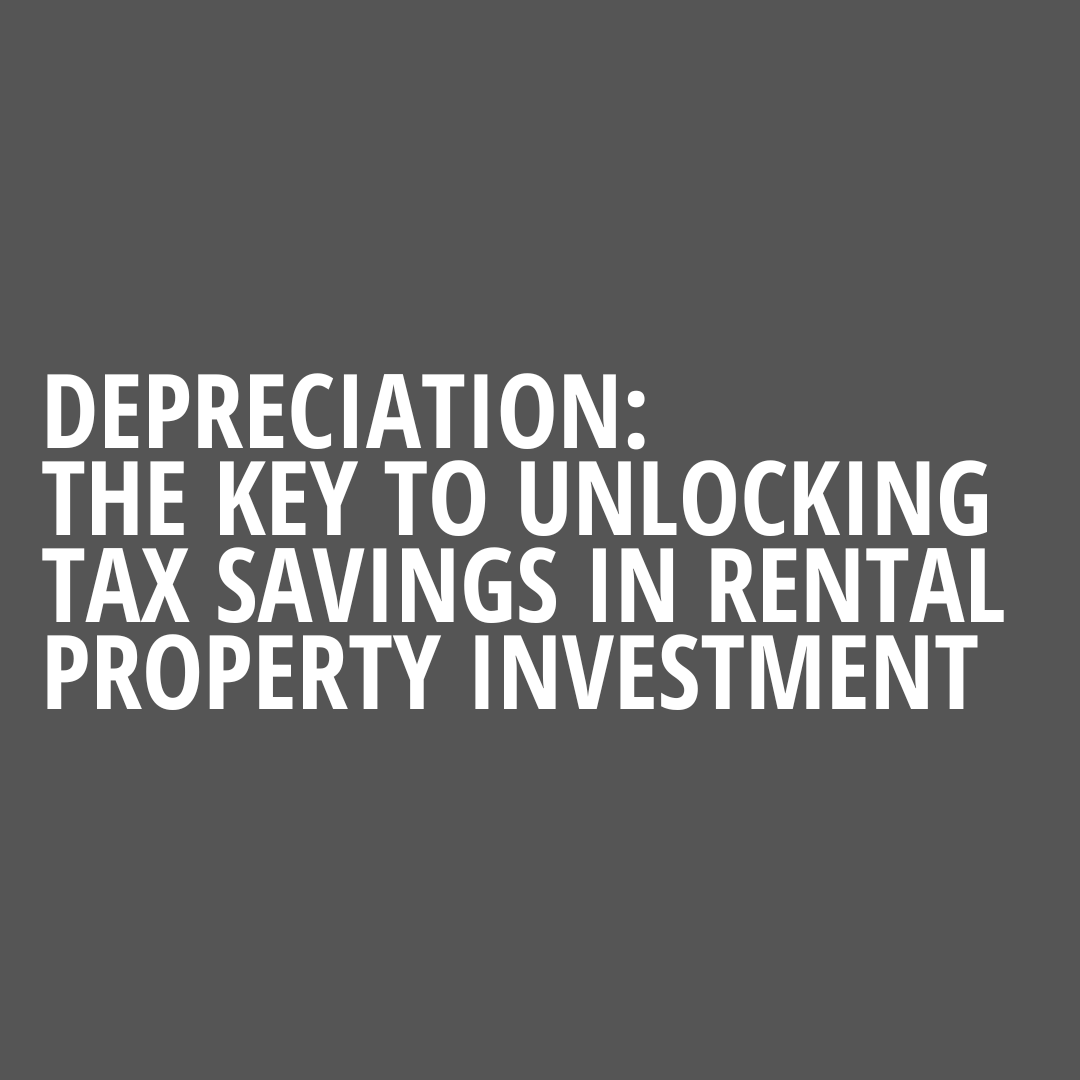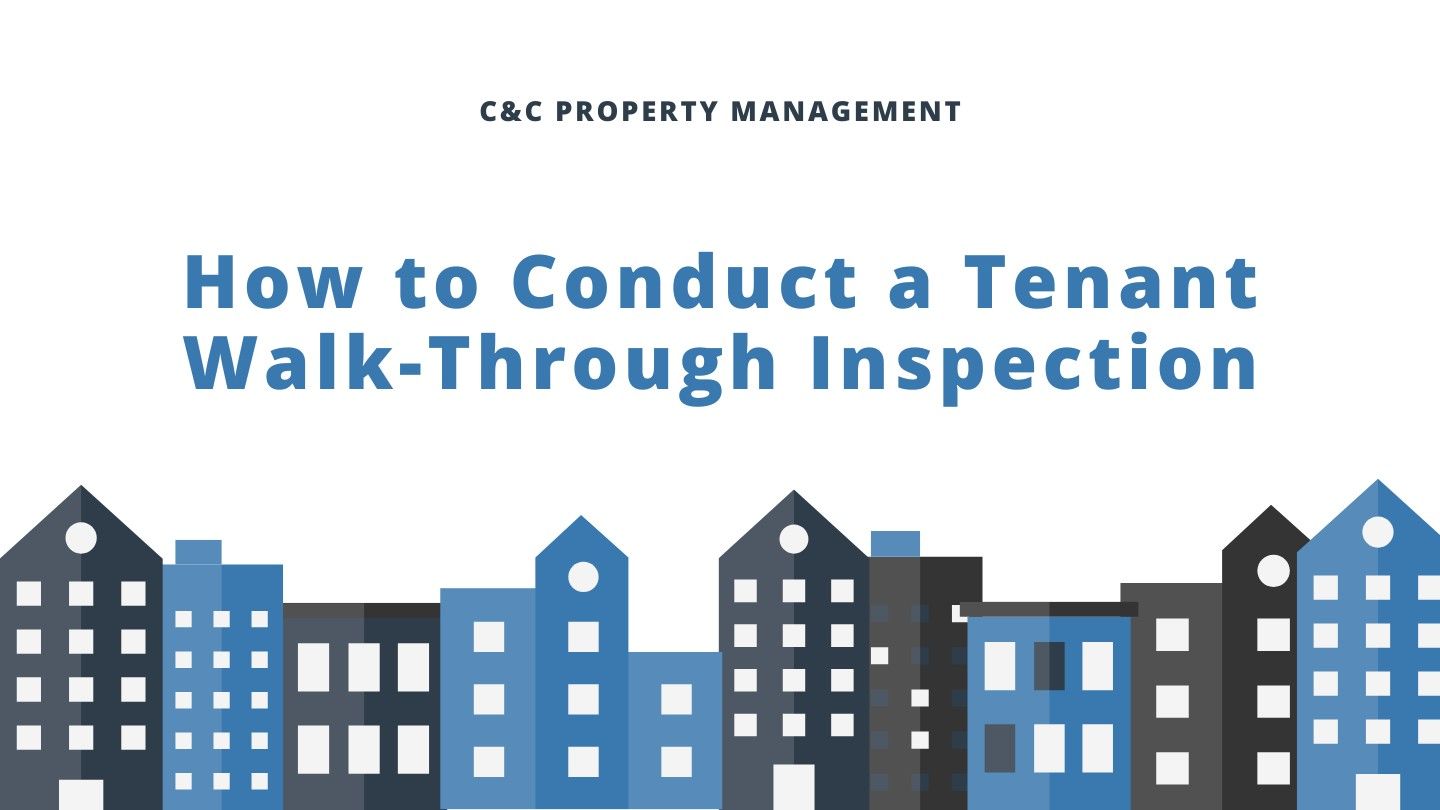Depreciation: The Key to Unlocking Tax Savings in Rental Property Investment
Investing in rental property can be an excellent strategy to create long-term wealth and generate passive income.

One of the biggest advantages of owning a rental property is that it appreciates over time while also providing tax benefits through depreciation.
As the video highlights, real estate is an appreciating asset that tends to increase in value over time. Although some components of a home may depreciate over time, the overall value of the property will appreciate. For investors looking for a long-term investment that generates passive income, this is great news.
Additionally, the IRS allows rental property owners to deduct the depreciation off their property from their taxable income, reducing their tax liability. To calculate the amount of depreciation you can claim, you'll need to determine the cost basis of your property, which includes the purchase price plus any additional expenses incurred during the purchase process, such as closing costs or renovations.
Next, you'll need to determine the useful life of your rental property, which is typically 27.5 years for residential rental properties, although commercial properties may have different useful lives. You can then divide the cost basis by the useful life to determine your annual depreciation amount.
For example, if your rental property had a cost basis of $300,000 and a useful life of 27.5 years, your annual depreciation would be $10,909 ($300,000 / 27.5). This amount can be deducted from your taxable income each year.
In addition to depreciation, there are other tax benefits to owning a rental property, such as deducting expenses like repairs, maintenance, and property management fees. These deductions can help you reduce your tax liability and increase your cash flow.
Before investing in rental property, it's essential to consult with a tax professional to understand all the tax implications and benefits of rental property ownership. It's also crucial to conduct thorough research and analysis to ensure the investment aligns with your financial goals and objectives.
In conclusion, investing in rental property can be a smart investment strategy, especially when it comes to tax savings through depreciation. With the right approach and due diligence, you can create a reliable source of passive income and build long-term wealth.








